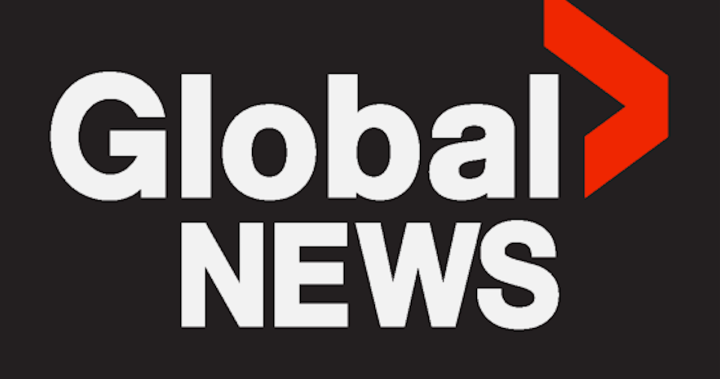The defamation battle between Han Dong and Global News concluded last week after a lengthy legal showdown. Court documents show the media organization agreed to a settlement with the Independent MP from Don Valley North, effectively ending a dispute that began with explosive allegations about foreign interference.
I reviewed the settlement details filed with the Ontario Superior Court. Dong had sought $15 million in damages after Global News published a series of reports in 2023 claiming he advised a Chinese diplomat that keeping two Canadians detained in China would benefit the Conservative Party. The Canadians, Michael Kovrig and Michael Spavor, were detained for nearly three years in what many observers called hostage diplomacy.
“The allegations were devastating to my reputation and my family,” Dong told me in a phone interview. “This settlement allows us to move forward, though the damage can never be fully undone.”
The settlement terms remain confidential, but Global News published a statement acknowledging that their reporting “did not meet the standards expected.” The media organization stopped short of retracting all allegations but removed several articles from their website.
David Crerar, a defamation law expert at the University of British Columbia, explained the significance. “Media outlets rarely settle defamation cases unless they recognize significant legal exposure. The swift resolution suggests Global News faced an uphill battle defending their reporting methods.”
The case highlights ongoing tensions about foreign interference in Canadian politics. Dong, who was elected as a Liberal in 2019, left the party caucus in March 2023 following the allegations to sit as an Independent MP.
CSIS documents obtained through freedom of information requests show Canadian intelligence agencies have been monitoring foreign influence operations, though these documents make no specific mention of Dong. Former RCMP intelligence analyst Jessica Davis noted, “The intersection of legitimate advocacy and foreign influence remains a challenging area for both intelligence agencies and media reporting.”
Court filings reveal Global News relied heavily on confidential sources for their reporting. Justice William Black questioned the reliability of these sources during preliminary hearings, writing that “extraordinary claims require extraordinary evidence.”
The settlement agreement requires Global News to keep specific articles offline, though archived versions remain accessible through various internet archives. Dong’s legal team argued successfully that continued online availability of the allegations constituted ongoing harm.
The Canadian Civil Liberties Association monitored the case closely. “There’s a delicate balance between press freedom and protection from unsubstantiated allegations,” said Cara Zwibel, director of the CCLA’s fundamental freedoms program. “When reporting touches on national security, the stakes and responsibilities become even higher.”
Dong has maintained his innocence throughout the process, telling supporters at a community event last month that he “never wavered in defending the truth.” Parliamentary records show he continues to represent his constituents while sitting as an Independent.
For journalism schools, the case has become a teaching moment. I spoke with Christopher Waddell, professor emeritus at Carleton University’s School of Journalism, who said, “This settlement will likely prompt newsrooms to revisit their standards for national security reporting, especially when relying on anonymous sources.”
The settlement comes amid growing concern about disinformation targeting diaspora communities in Canada. A recent report from the Citizen Lab at the University of Toronto documented sophisticated influence operations targeting Chinese-Canadian communities, creating an environment where allegations like those against Dong can have amplified impact.
While the legal battle has concluded, the broader questions about foreign interference in Canadian politics remain unresolved. The Public Inquiry into Foreign Interference continues its work, with Commissioner Marie-Josée Hogue expected to deliver a final report later this year.
For Dong, the settlement represents a chance to rebuild. “My focus now is on serving my constituents and restoring my reputation,” he said as we concluded our conversation. “Some damage can’t be undone, but this settlement acknowledges the harm that was caused.”
The case underscores the high stakes of national security journalism and the serious consequences when reporting falls short of rigorous standards. As one veteran court reporter who observed the proceedings told me, “In the rush to expose foreign interference, media outlets must be careful not to become unwitting participants in it.”






